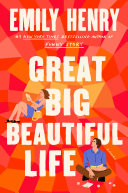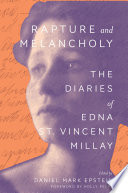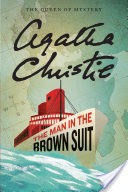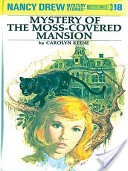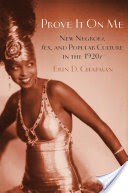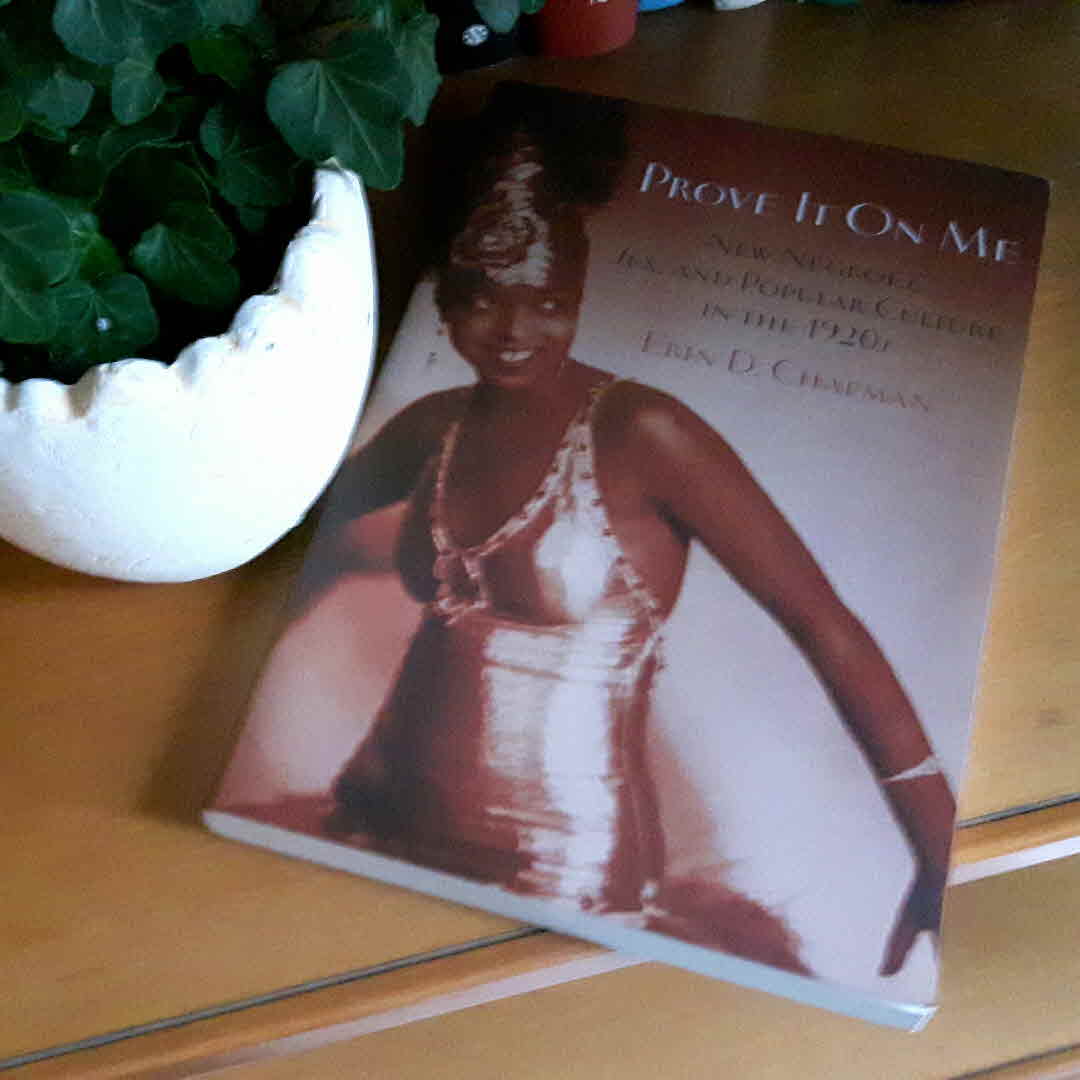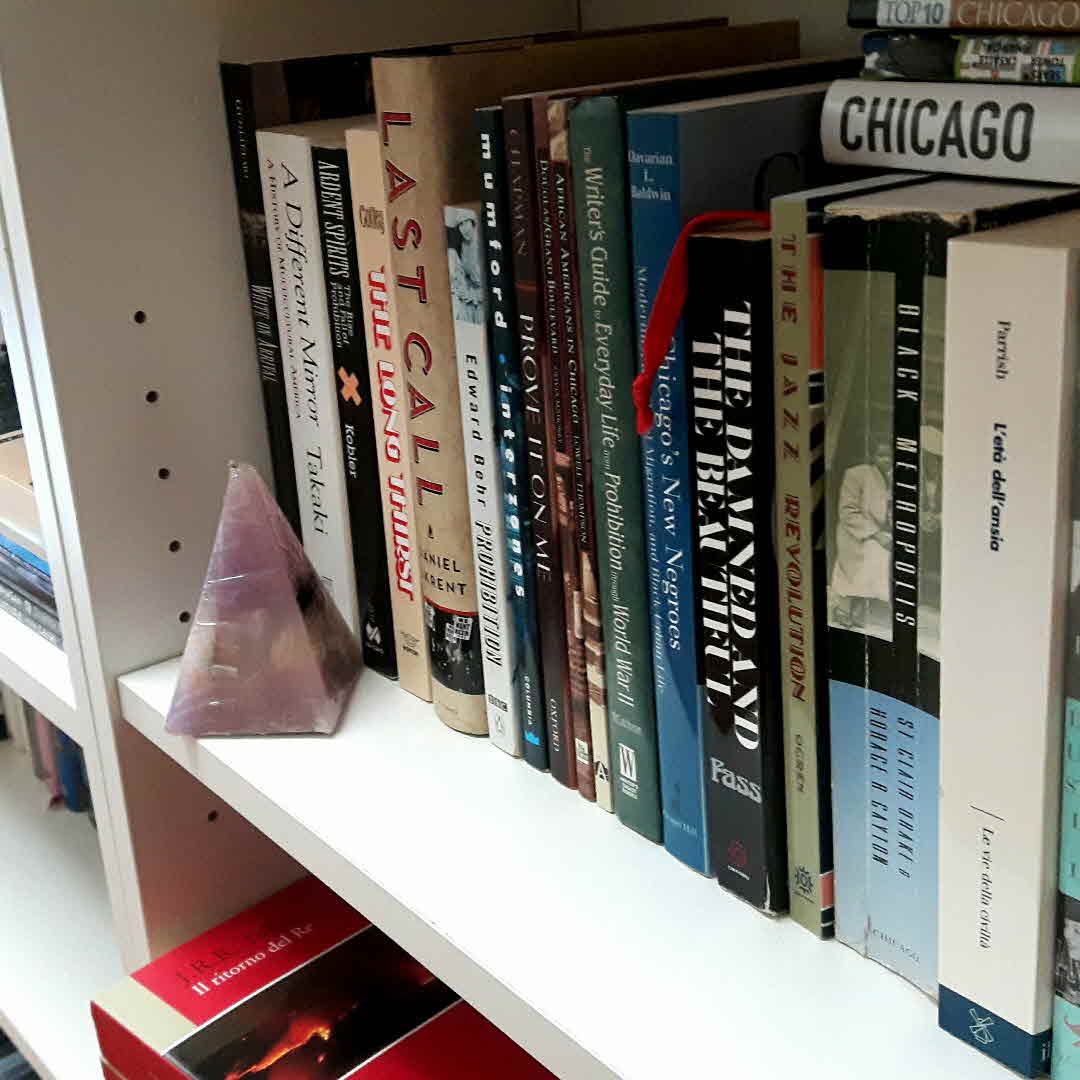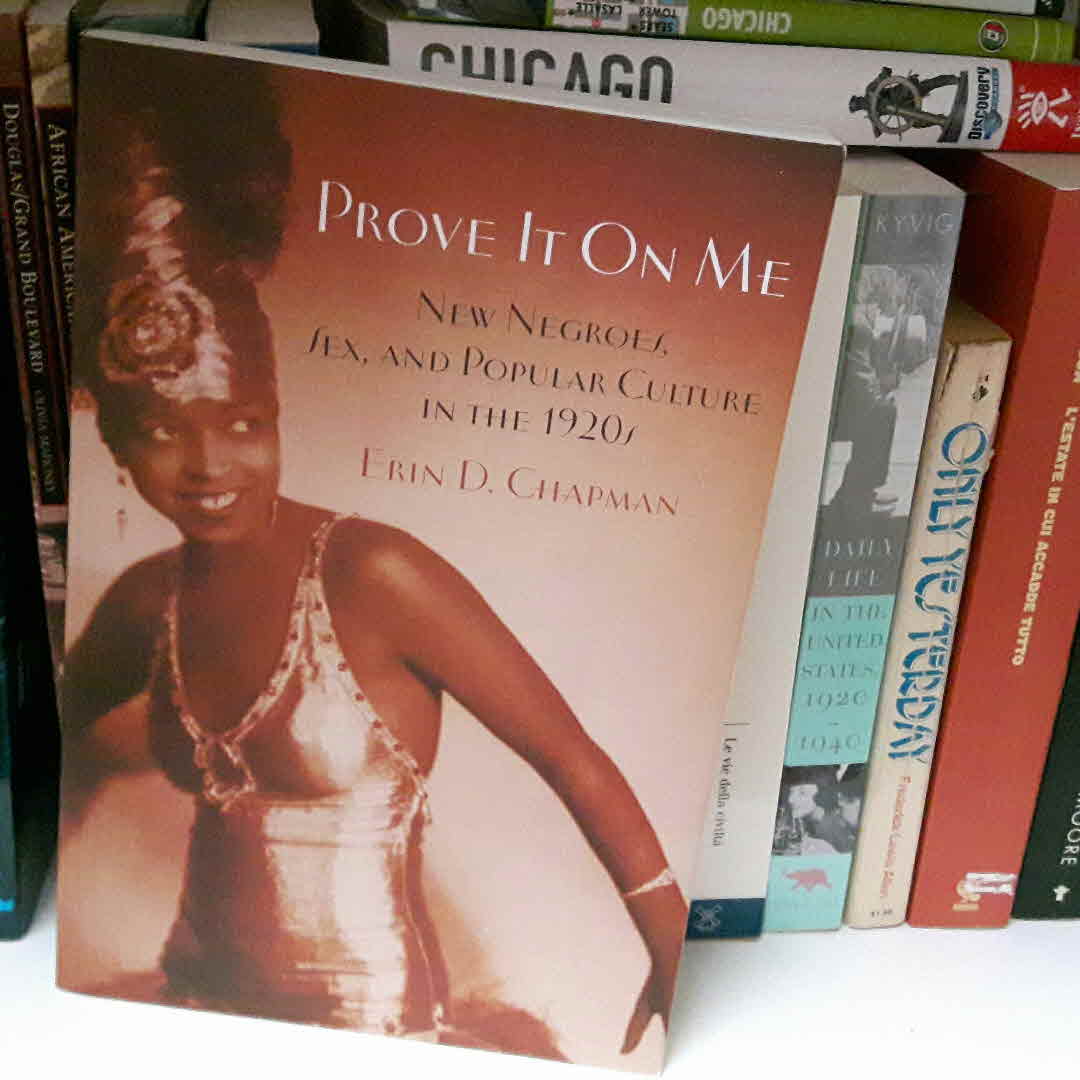
#ReadSoulLit #SignOfTheTime
The position of African American women in the 1920s was extremely peculiar.
If being a New Woman was difficult enough in trying to take down the old trope of the 'angel of the home', being a black New Women was even harder, since their community expected them to sacrify themselves for a higher cause and they were also entengled in the stereotyping Primitivism was working on them and their sex appeal.
Great book.







